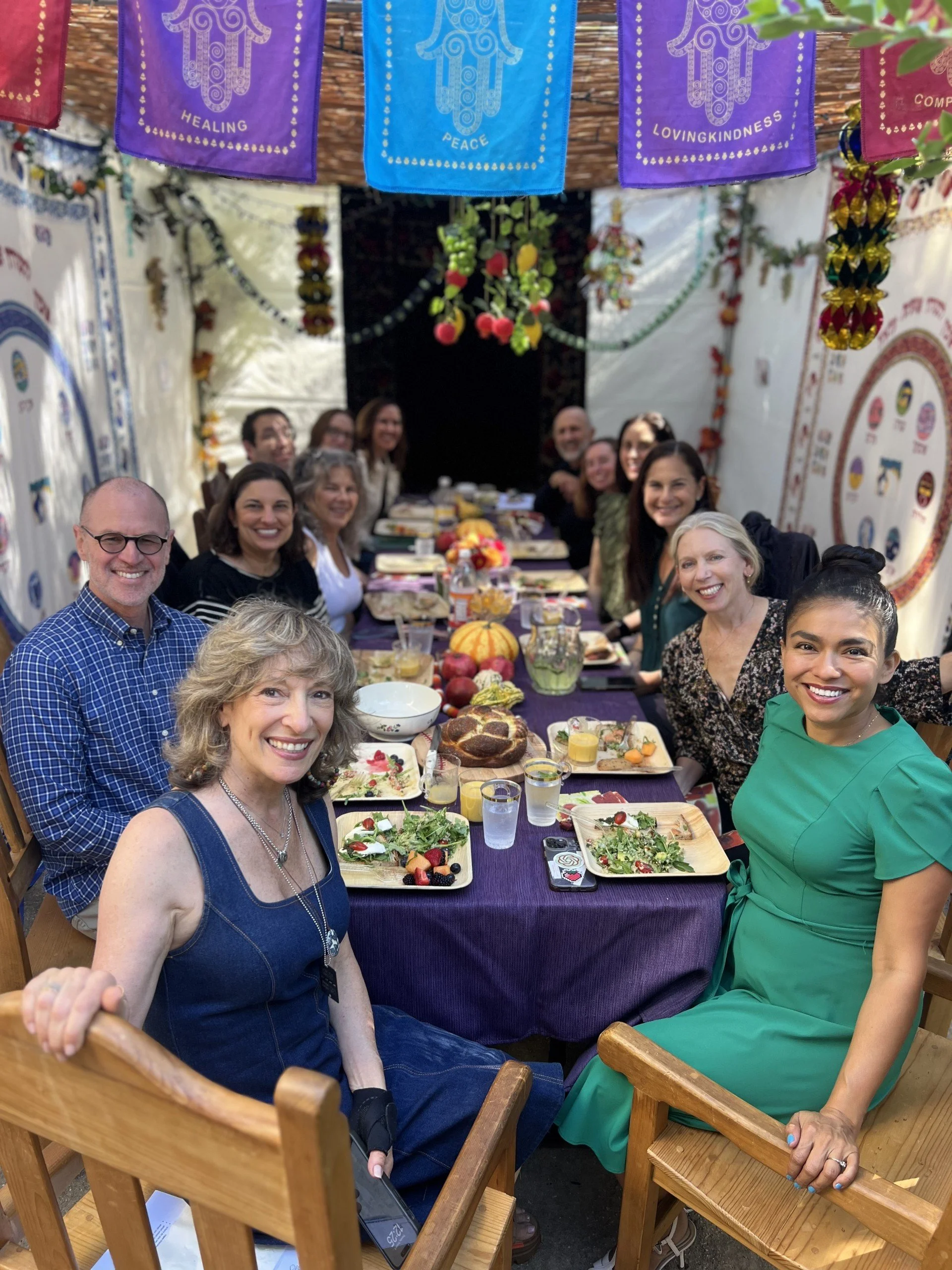Journey Into the Unknown | Chapter 4: Strategic and Emergent Planning | October 2025
Gather Blog – Strategic and Emergent Planning
Chapter 4 – October 2025
In the fall, the air carries both weight and invitation. After the Jewish holidays and the start of school, the turning of seasons mirrors the cycles inside our organizations and inside ourselves: rest and reflection, discipline and accountability.
I continue learning that rest is not absence, but presence. True rest can be radical; it resets the body, reclaims the spirit, and in doing so redistributes energy–and resources–where it belongs. It is tempting, in a world heavy with agendas, efficiency, and productivity, to forego rest. But without rest, we don’t get to renewal, creativity, or inspiration.
Discipline and Accountability
At LEMO, discipline is love in practice. Volleyball teams, baseball training, and squash sessions alike thrive because of accountability systems that balance care and rigor. Discipline is not a whip but a frame; accountability is not punishment but promise. Together, they build a culture where young people, coaches, and managers can flourish and reach their full potential. LEMO shows the power of youth sports.
Professional Development
Senior and emerging Jewish professionals in Chavurot are reclaiming professional development as nourishment, not “extra credit.” When leaders learn together, in a democratized fashion, they discover their own curiosity and creativity again. Professional development and in person retreats are disciplines of care, helping people carry the weight of the world, to sharpen their leadership skills, without collapsing under it.
At a recent Jewish Funders Network gathering in LA, we discussed AI in philanthropy, both its promise and peril. How do we harness AI without letting it harness us? Large language models can generate landscape maps and identify financial red flags in seconds, but can they generate love or safety? The challenge is not whether philanthropy will use AI, but how we choose to use it responsibly and ethically. As Jen Garcia, AI Expert in Residence, says, we must keep a “human in the loop.” Though it may try, AI should never replace human relationships.
Philanthropy Conferences
I’ve been privileged to attend a few conferences recently, including Southern California Grantmakers, USC’s Center for Philanthropy and Public Policy, and next week, the Center for Effective Philanthropy’s annual convening, and looking forward to plenaries from Ezra Klein and Bryan Stevenson. How philanthropy intersects with public life in a city as vast and diverse as Los Angeles is fascinating… In LA, philanthropy is civic muscle, tested daily by inequities, opportunities, and the need for connective tissue between neighborhoods and movements.
Sports philanthropy, the theme of USC’s Center in Philanthropy and Public Policy, often begins with scholarships or field renovations. But its deepest expression is cultural: building spaces of belonging where discipline meets joy, and where good governance in boardrooms provide maximum impact. Sports teach us accountability, teamwork, and how to lose with grace—lessons for philanthropy as well.
“It feels heavy.”
At Gather Retreats, we bring blankets into the circle—not as decoration but as symbols. Blankets cover, comfort, and contain. They remind us that agendas must be warm enough for humans to hold. A meeting agenda without softness is a list. We also must be nimble and responsive. As adrienne maree brown teaches, emergent strategy is not the opposite of planning, but its evolution. Planning sets intention; emergence responds to reality.
Many leaders I work with this season have whispered the same words: it feels heavy. The weight of failed governance (nationally and within our nonprofits), uncertain philanthropy, growing AI dangers, and other crises and conflicts at home and abroad. Yet even under that weight, a childlike playfulness—eating with our hands, laughing outloud—reminds us of resilience. My 9-year old loves eating with his hands. And while I sometimes get upset at this, I am reminded how fun it is to eat with your hands. It’s messy, embodied, alive. Leading organizations, facilitating philanthropy, sitting in boardrooms—these too can be done with a childlike spirit. We can eat with our hands and still govern wisely. Nonprofit boards are not simply fiduciary bodies; they are guardians of trust, of possibility, of the next generation’s cocoon. Good governance protects not just budgets, but belonging.
Agendas and emergence: one gives us structure, the other gives us life–endless possibility. Fall 2025 is teaching me that leadership requires both—discipline and rest, accountability and love, planning and play, strategy and emergence. May we continue to hold these polarities together, realizing we need them all.

